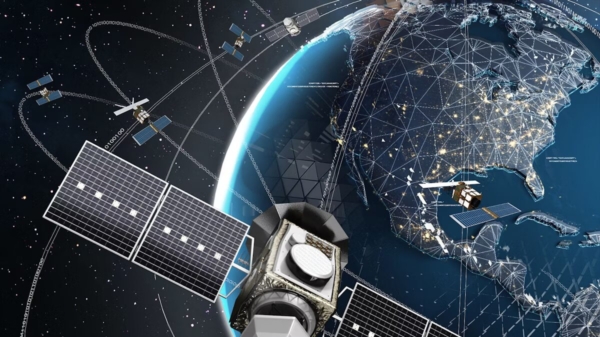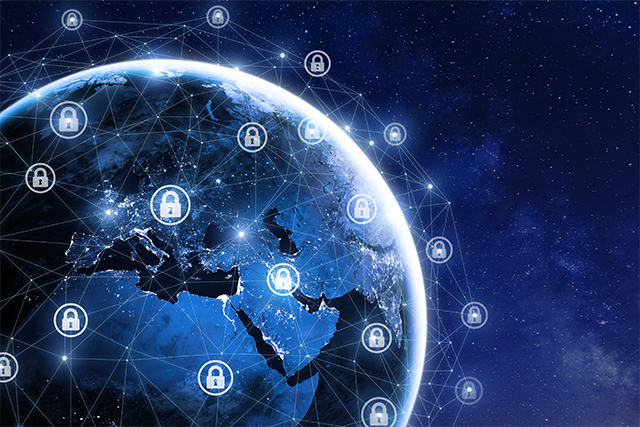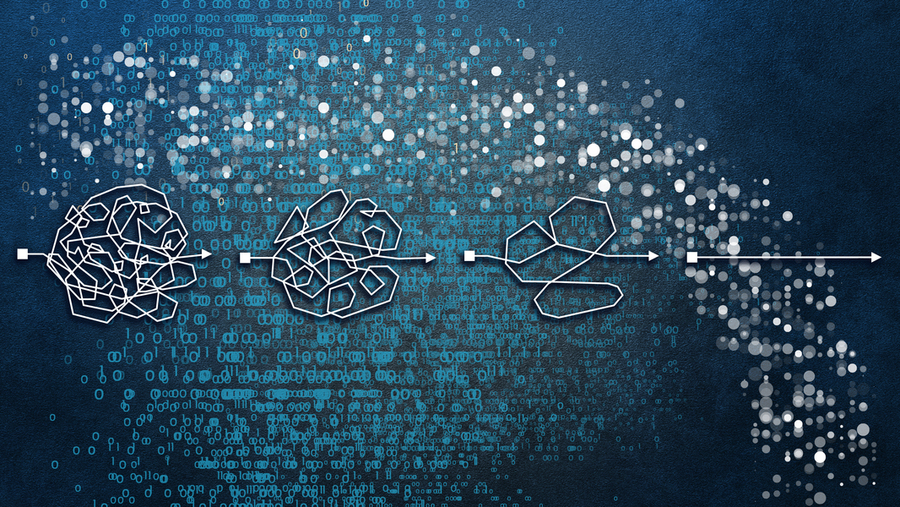
Satellite communication systems are complex networks that connect different parts of the world. The system’s main purpose is to send and receive information efficiently. The accuracy of this exchange largely depends on how data gets processed.
One key part of this process involves signal decoder. Their role in the chain ensures data transmitted via satellites reaches its destination correctly. Without reliable decoders, many communication systems would experience significant disruptions.
Key Points
- Satellite communication depends on precise data transmission.
- Signal decoders are crucial in processing satellite data.
- Without decoders, data can get lost or corrupted during transmission.
- Decoders ensure information reaches the correct destination.
- They prevent disruptions in global communication systems.
How Signal Decoders Operate

In satellite communication systems, signals travel vast distances between earth stations and satellites. As they move, they encounter many forms of interference. A decoder takes these signals and translates them into a readable format. It removes the noise, checks the integrity of the data, and makes sure only the correct information gets through.
If you want to learn more about how a signal decoder works, it’s important to start with the basics. Signal decoding involves filtering out unwanted information. For instance, a satellite might send multiple channels of data simultaneously.
The decoder ensures that only the correct information goes to the intended receiver. To understand how crucial this process is, one can visit Comint Consulting, which specializes in the field. Their expertise highlights the importance of selecting the right decoder for your communication needs.
Noise and Interference: A Common Challenge
Every communication system faces the problem of noise. Noise refers to any unwanted disturbances that affect the quality of the signal. It comes in many forms, including atmospheric noise or interference from other electronic devices. Satellite systems are especially prone to this due to the distances involved.
When a satellite transmits data, there’s always a chance that noise can distort the information. If the noise becomes too much, the data may become unusable. A reliable decoder can separate the data from the noise, allowing the correct information to pass through unaffected.
Interference works similarly. It’s not noise exactly but can disrupt the signal. Satellite systems must avoid interference, especially with other satellites nearby. The key to preventing this disruption is a good decoder. By tuning in to the exact frequency of the desired data, it avoids interference from other sources.
Different Types of Decoders
Decoders come in various forms. Some handle simple tasks, while others are designed for more complex systems. For satellite communication, the type of decoder used can vary based on the size of the system and the level of interference encountered.
- Analog Decoders – They work with analog signals. These decoders are often used in older satellite systems but remain effective in low-complexity operations.
- Digital Decoders – These are used in most modern systems. They work with digital signals, which are more resistant to interference than analog signals.
- Adaptive Decoders – These can adjust based on the conditions they encounter. They change their operations if noise levels increase, allowing for more accurate data recovery.
Choosing the right decoder depends on the specific needs of the system. For many advanced satellite communication systems, adaptive decoders are often the best option.
How Decoders Prevent Data Loss

In satellite systems, there’s always the risk that some data might not reach the destination. Data loss can happen for many reasons, including weak signals or interference. A good decoder can minimize the chances of data loss.
One method used is error correction. When a signal is transmitted, the decoder adds extra bits of information. If any part of the signal gets lost or corrupted, the decoder uses those bits to rebuild the original data. This method ensures that even in poor conditions, data will still reach the intended recipient intact.
Another way decoders prevent data loss is through redundancy. Some satellite systems send multiple copies of the same data. The decoder checks each copy and ensures that only the most accurate version gets used.
In some cases, decoders also use synchronization techniques. They make sure the data arrives at the exact right time. If data arrives too early or too late, it can get rejected. By synchronizing, decoders ensure the data enters the system at the proper moment.
Enhancing Security with Decoders

Security in satellite communication systems is a top priority. Because the data travels over large distances, there’s always the risk that someone might try to intercept or alter it. A decoder can add an extra layer of protection to the system.
Encryption is one way that decoders keep data secure. When it gets sent, the decoder scrambles it. Even if someone intercepts the data, they wouldn’t be able to read it.It can only be decoded with the correct decoder and the right encryption key.
Authentication is another security feature decoders use. Before any data gets processed, the decoder checks to make sure the signal is coming from a trusted source. This prevents unauthorized access to the system.
By using encryption and authentication, decoders help to protect sensitive information. Satellite communication systems often handle important data, so keeping that it is secure is essential.
The Future of Decoding Technology

As technology advances, the role of decoders in satellite communication will continue to evolve. One area of interest is quantum computing. In theory, quantum computing could create even more secure decoders. Quantum signals are much harder to intercept, offering a higher level of protection for satellite communication systems.
Artificial intelligence (AI) also holds promise. AI-based decoders could analyze and adapt to changing conditions in real-time. They could become more efficient at filtering out noise and interference, improving the overall performance of satellite systems.
Advanced decoders could also improve communication in remote areas. With better error correction and synchronization techniques, even weak satellite signals could carry important data over long distances.
The future of decoding is bright, with many new possibilities on the horizon. While current technology handles most tasks efficiently, future innovations could take satellite communication to the next level.
Final Thoughts
Decoders play an indispensable role in satellite communication systems. They ensure that signals remain clear, secure, and accurate. Without them, information would be at risk of corruption or loss.
Choosing the right decoder can mean the difference between efficient communication and a system filled with errors. With the advances in technology, new forms of decoders will continue to shape the future of global communication systems.
As we move forward, the importance of decoders in satellite systems will only grow. They remain a key component, keeping the world connected across vast distances.






